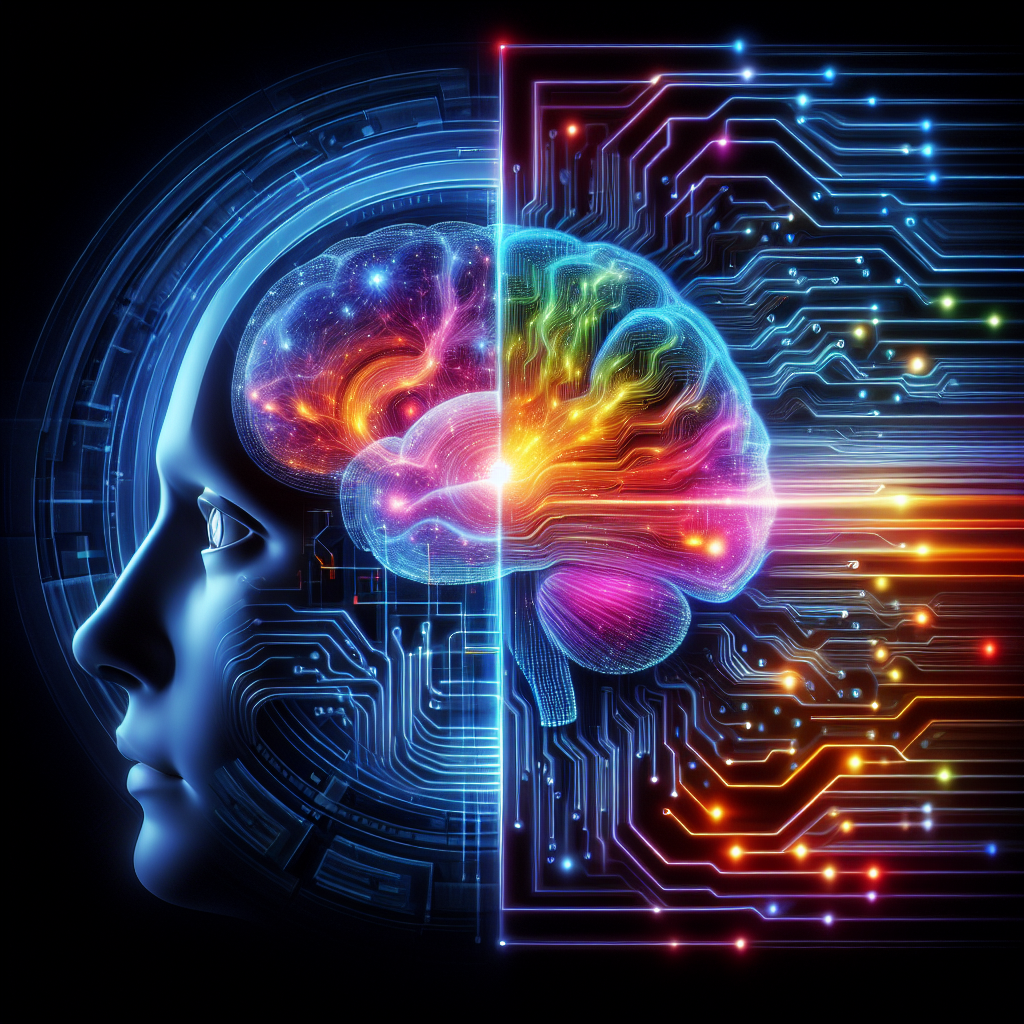The Impact of AI on Human Behavior: Understanding Cognitive Computing and Emotional Intelligence
Artificial Intelligence (AI) has become an integral part of our everyday lives, from the smart assistants in our phones to the recommendation algorithms on our favorite streaming platforms. As AI technology continues to advance, it is having a significant impact on human behavior, particularly in the areas of cognitive computing and emotional intelligence.
Cognitive computing is a subset of AI that focuses on simulating human thought processes in a computerized model. This technology has the ability to analyze vast amounts of data, recognize patterns, and make decisions based on that information. Cognitive computing systems can perform tasks such as natural language processing, machine learning, and data mining, allowing them to process complex information and provide valuable insights to users.
One of the key ways that cognitive computing is impacting human behavior is through personalized recommendations. By analyzing user data and behavior patterns, AI algorithms can tailor content and suggestions to individual preferences, leading to a more personalized and engaging user experience. For example, streaming platforms like Netflix use AI algorithms to recommend movies and TV shows based on a user’s viewing history and preferences, increasing user engagement and satisfaction.
Another way that cognitive computing is influencing human behavior is through automation. AI-powered chatbots and virtual assistants are becoming increasingly common in customer service and support roles, providing quick and efficient responses to user inquiries. This automation can lead to more streamlined processes, improved customer satisfaction, and increased productivity for businesses.
Emotional intelligence, on the other hand, refers to the ability to recognize, understand, and manage emotions in oneself and others. While AI systems are typically designed to process data and make decisions based on logic and algorithms, there is a growing interest in developing emotional intelligence in AI technologies.
Researchers are exploring ways to incorporate emotional intelligence into AI systems, enabling them to recognize and respond to human emotions. This could have profound implications for human-computer interactions, as AI systems with emotional intelligence could provide more empathetic and personalized responses to users, leading to a more human-like interaction experience.
One of the key challenges in developing emotionally intelligent AI is the ability to accurately interpret and respond to human emotions. Emotions are complex and nuanced, and AI systems must be able to understand subtle cues such as tone of voice, facial expressions, and body language to effectively recognize and respond to emotions.
Despite these challenges, there are promising developments in the field of emotional intelligence in AI. For example, researchers are exploring the use of sentiment analysis and affective computing techniques to analyze text and speech data for emotional content, enabling AI systems to better understand and respond to human emotions.
Overall, the impact of AI on human behavior in the areas of cognitive computing and emotional intelligence is profound and multifaceted. As AI technology continues to advance, it is important for researchers, developers, and policymakers to consider the ethical implications of AI systems that can simulate human thought processes and emotions.
FAQs
Q: How is AI impacting human behavior in terms of cognitive computing?
A: AI is impacting human behavior in terms of cognitive computing by providing personalized recommendations, automating tasks, and analyzing vast amounts of data to provide valuable insights to users.
Q: What is emotional intelligence in AI?
A: Emotional intelligence in AI refers to the ability of AI systems to recognize, understand, and respond to human emotions, leading to more empathetic and personalized interactions with users.
Q: What are the challenges in developing emotionally intelligent AI?
A: Challenges in developing emotionally intelligent AI include accurately interpreting and responding to human emotions, understanding subtle cues such as tone of voice and facial expressions, and ensuring ethical considerations in the development of emotionally intelligent AI systems.
Q: What are the potential benefits of emotionally intelligent AI?
A: The potential benefits of emotionally intelligent AI include more empathetic and personalized interactions with users, improved human-computer interactions, and enhanced user satisfaction and engagement.

